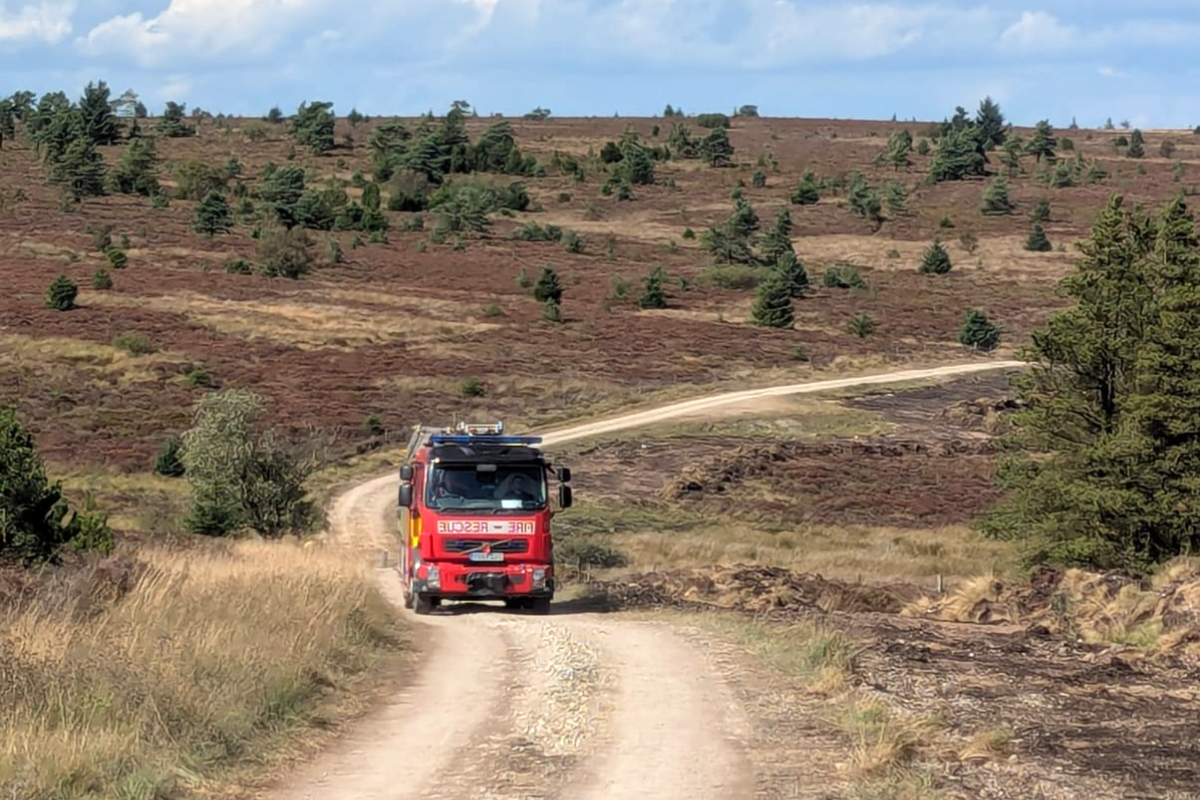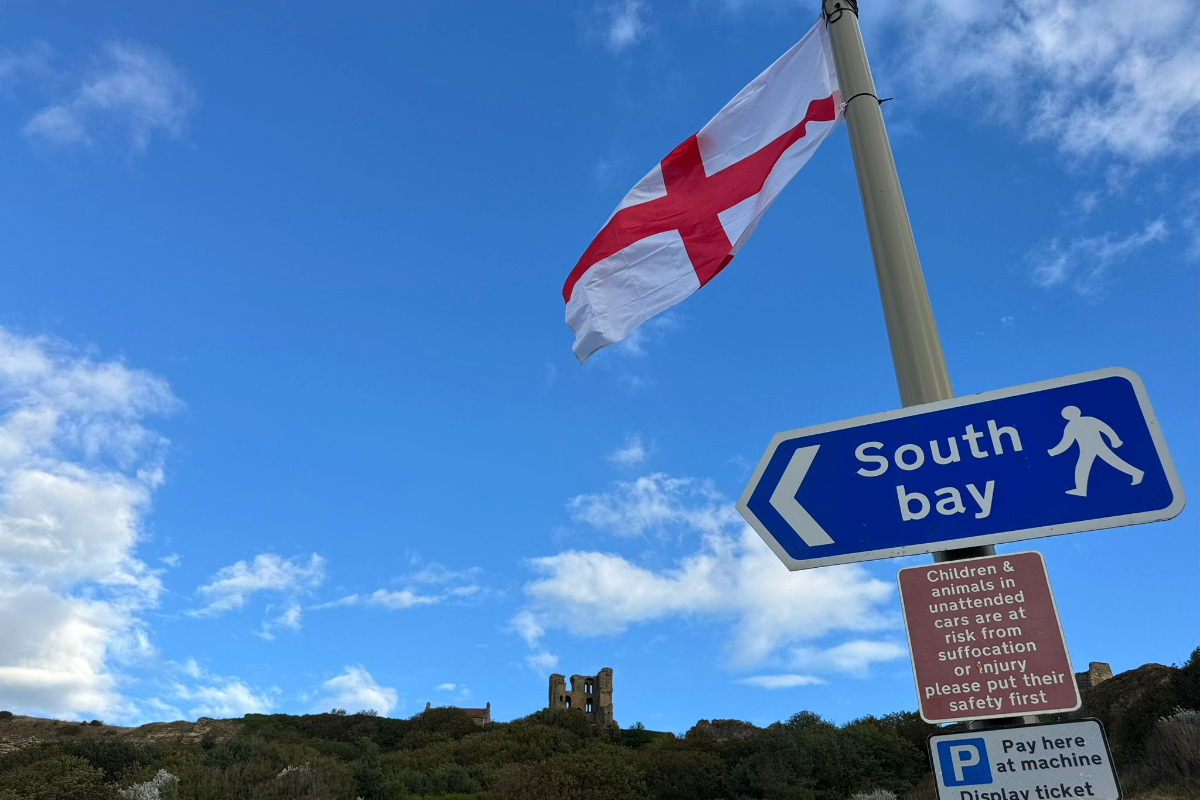The UK is to recognise the state of Palestine, potentially as soon as this weekend - with the prime minister insisting it was always part of the plan.
It was a Labour manifesto commitment, but the party's position has evolved in government.
Some of the party's early positions cast a long shadow over its year in power, sometimes obscuring what action the government has taken.
So here's what actually happened.
Keir Starmer's reputation among those most passionate about Gaza largely rested on one LBC interview he did shortly after the 7 October attacks, while still in opposition, where he seemed to suggest Israel had the right to withhold power and water from Gaza.
But it wasn't just one interview that caused the collapse in what many have called the "Muslim vote".
The party changed from supporting a "humanitarian pause" to an "immediate ceasefire" four months into the war.
Some, even within the shadow front bench at the time, said this had come too late.
To make things worse, the SNP forced an unedifying vote calling for a ceasefire which Labour initially didn't support, only to change their position a few days later.
Huge swathes of dissatisfaction within the base led to some communities galvanising support behind independent candidates who then took major Labour seats, notably Jonathan Ashworth's in Leicester South and Khalid Mahmood's in Birmingham.
So, when a Labour government walked into Downing Street in July last year, they knew their actions had to be very different - and they were.
They removed blocks on the delivery of humanitarian aid, they restored UK funding for UNRWA, a UN aid agency in the Gaza Strip, and they demanded the international courts (ICC and ICJ) be respected, undoing blocks imposed by the previous Conservative government.
But they stopped short of publishing legal advice they had promised to do while in opposition.
Now, after a year in power, they point to other serious interventions.
The government said it would respect its obligations in regards to an international arrest warrant for Benjamin Netanyahu for alleged war crimes.
It suspended talks on a trade deal with Israel and imposed new sanctions against organisations that have supported and perpetuated "heinous abuses of human rights" against Palestinian communities in the occupied West Bank.
It also imposed sanctions on two Israeli ministers, Itamar Ben-Gvir and Bezalel Smotrich, for "repeated incitements of violence against Palestinian communities".
But there are still questions over arms licenses and publishing legal advice - a promise not kept - that we asked about.
We "categorically do not export any bombs or ammunition for use in military operations in Gaza", said a government spokesperson.
"Most military export licenses to Israel are for commercial or civilian use, such as product testing or body-armour for journalists and NGOs," they added.
Read more:
What does recognising a Palestinian state mean?
Sadiq Khan calls out Gaza 'genocide'
Backbenchers should also get some credit.
This summer, just before the UK hastily announced it would recognise Palestinian statehood right after France declared, a letter signed by over 100 MPs (including many of Starmer's own) demanded the government state its position.
MPs I've spoken to say this pressure undoubtedly helped make the case for it inside the government.
It's hard to predict what's next, but it's likely backbenchers will now be pushing for stronger language from the government after a commission established by the UN said this month that a genocide was taking place in Gaza - something repeatedly denied by Israel.
Sadiq Khan, the mayor of London, has also now publicly labelled Israel's actions as genocidal.
The biggest hope for the UK is that a peace deal is achieved, that's what this recognition is largely about - a condition set by some of the Arab states.
But, until that outcome, this recognition is a major policy shift for the UK - perhaps the biggest one the Labour government has made on this issue since the conflict began.

(c) Sky News 2025: Why Starmer's move to recognise Palestine is a major shift




 Trump tells PM how to stop small boats and makes Putin admission - but saves harshest words for Sadiq Khan
Trump tells PM how to stop small boats and makes Putin admission - but saves harshest words for Sadiq Khan
 After PM's hardest two weeks yet, this isn't what I expected to write about him and Trump
After PM's hardest two weeks yet, this isn't what I expected to write about him and Trump
 Afghans relocated to UK 'exaggerating' Taliban threat, ex-interpreter says
Afghans relocated to UK 'exaggerating' Taliban threat, ex-interpreter says
 MI6 launches new drive to recruit spies - including Russians
MI6 launches new drive to recruit spies - including Russians
 Trade unions gear up to nominate candidate in contest for Labour deputy
Trade unions gear up to nominate candidate in contest for Labour deputy
 Norman Foster on 'incredible' masterplan for new Manchester United ground
Norman Foster on 'incredible' masterplan for new Manchester United ground
 Second deportation flight of week under UK-France deal set to take place today
Second deportation flight of week under UK-France deal set to take place today
 The big story from Bank of England is an easing in tightening to avert massive losses
The big story from Bank of England is an easing in tightening to avert massive losses












